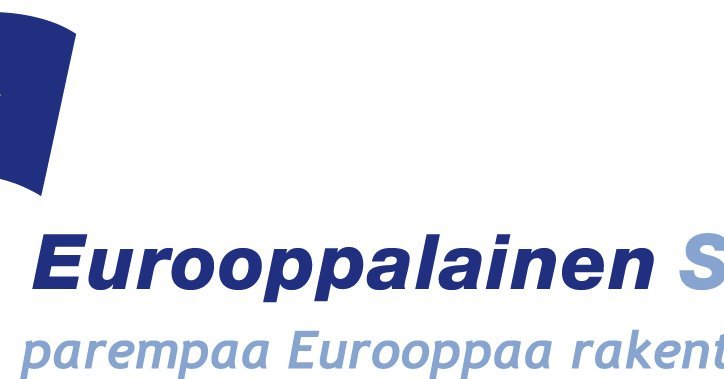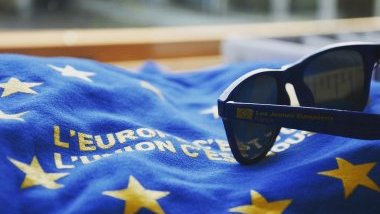For Jean Monnet, an ideal Europe was a union of states with economic cooperation as its foundation. To him, Timo Miettinen explained, the antecedents of the European Union represented ’technocratic’, excecutive power, while democracy should have an indispensable role in national-level decision-making. Monnet’s philosophy of international cooperation was based on the 18th century idea that mere commitment to peace isn’t enough but economic ties are needed to make war impossible. Robert Schuman, whose famous Schuman Declaration was inspired by Monnet, had similar points of view; he believed that concrete actions are essential in creating genuine solidarity.
While Jean Monnet was a proponent of gradual integration, Altiero Spinelli had a more holistic approach. Spinelli believed that Europe should be united more quickly than what plans made by Monnet indicated. In Spinelli’s opinion, intergovernmentalism wasn’t enough but nation states should relinquish their sovereignty. One significant difference between Monet and Spinelli is the fact that Spinelli wanted to make the supranational European system as democratic as possible. The increases in the political power of the European Parliament can therefore be attributed to Spinelli’s work. Even though the main building of the European Parliament, rather appropriately, is named after Spinelli, today’s Europe is more Monnet’s than Spinelli’s. European integration has indeed been gradual and based on economic collaboration.
Functionalism, the idea that international cooperation should be stengthened when need for such emerges, was embraced by Monnet and Schuman. One can clearly see that Europe has lately followed that idea; the Eurocrisis helped Europe recognise the need for monitoring of national budgets exercised by the Commission, while this year’s refugee crisis has made a European migration policy all the more relevant. Hence, ”Never let a good crisis go to waste”, a quote heard rather often in Europe in the last ten years, could have been coined by Monnet.
Miettinen argues that European integration is still rather apolitical by nature; negative integration, such as the removal of trade barriers, plays a bigger role than positive integration which Miettinen describes as more political. For instance, common policies in the field of labour rights, which would represent positive integration, have yet to gain significant ground in Europe.
Many of Monnet’s ideas may have become reality. However, contrary to Monnet’s writings, the European Union has largely come to resemble a federation, Teija Tiilikainen explained at the event. In A Ferment of Change in 1962, Monnet wrote that the European Community had been built up to ”find a way out of the conflicts to which the nineteenth-century philosophy gave rise”, to create an alternative to the Westphalian state. Nevertheless, Tiilikainen would rather describe today’s EU as a kind of a federation than as a one-of-a-kind, sui generis system. Certain elements of the EU, such as the Committee of the Regions, don’t have an equivalent in other systems but Tiilikainen argues that their role is rather marginal these days.
One can argue that a proper federation should be democratic all the way to the top. In his presentation, Miettinen pointed out that having European integration led by an entity which represents executive power for prolonged periods of time is unfortunate from the perspective of democratic legitimacy. Although the history of European integration from the 1950s onwards would please Monnet more than Spinelli, Spinelli’s legacy isn’t dead either. Spinelli’s ideas on democracy that transcends national borders would be useful in enhancing the sustainability of the European project as we currently know it.





Follow the comments: |
|
